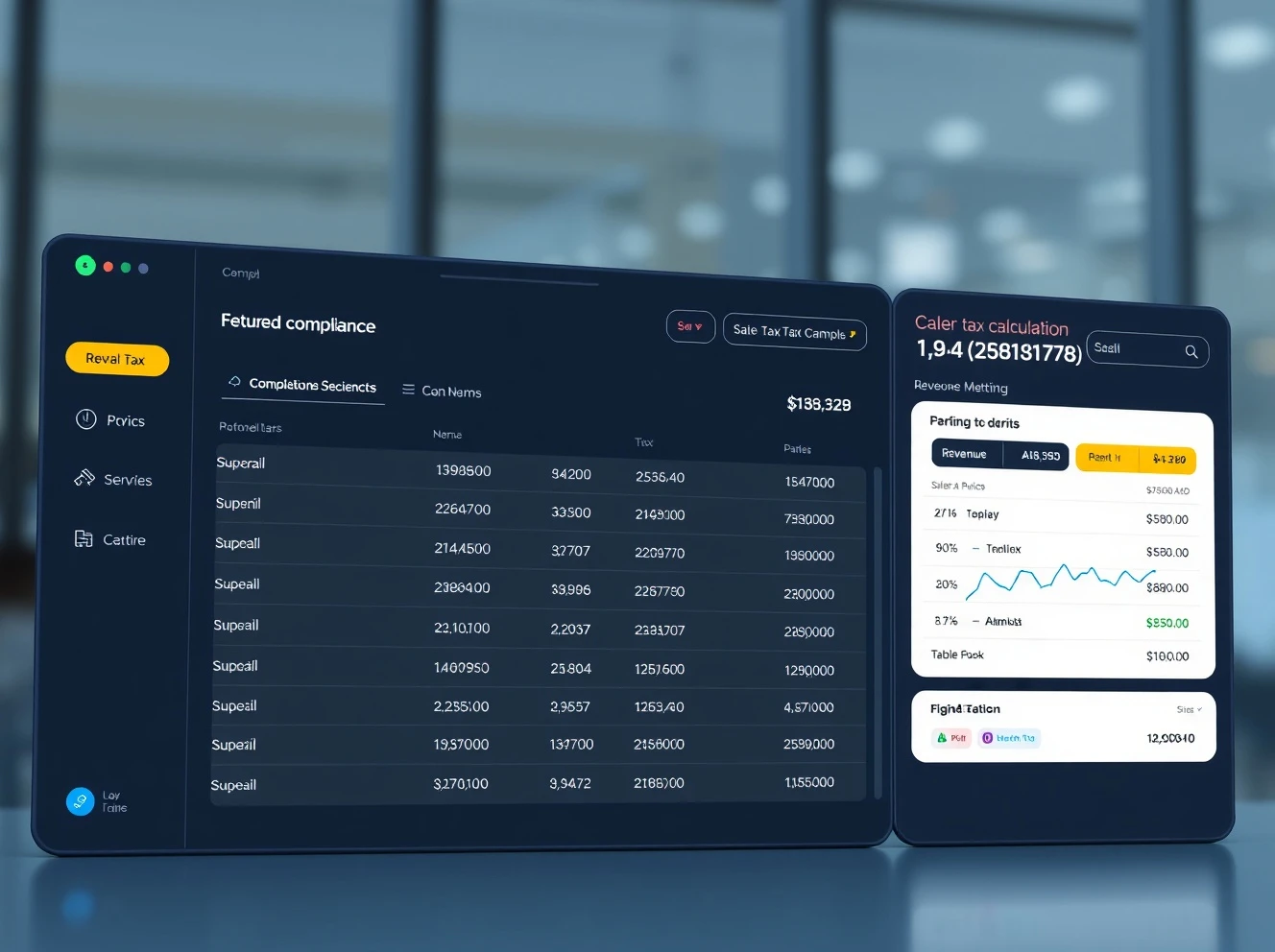In a groundbreaking development for e-commerce businesses, Numeral has secured $35 million in Series B funding to revolutionize sales tax automation through advanced artificial intelligence. This significant investment comes just six months after their $18 million Series A round, catapulting the two-year-old startup to a $350 million valuation.
The Genesis of Sales Tax Automation Innovation
Sam Ross, Numeral’s co-founder and CEO, conceived the idea during his global travels in 2018. Interestingly, he operated multiple e-commerce businesses while journeying worldwide. Ross experienced firsthand the complexities of sales tax compliance after the Supreme Court’s landmark ruling that year. Consequently, e-commerce companies suddenly faced tax obligations across numerous jurisdictions.
AI-Powered Sales Tax Automation Solution
Numeral’s platform leverages artificial intelligence to handle every aspect of sales tax management. The system tracks tax law changes across over 11,000 jurisdictions efficiently. Additionally, it manages tax-related correspondence and handles filing processes automatically. Importantly, the AI technology minimizes errors because most tax rules contain little ambiguity.
Key capabilities include:
- Real-time monitoring of tax law updates
- Automated filing and payment processing
- Multi-jurisdictional compliance management
- International tax handling capabilities
Investment and Growth Trajectory
Mayfield led the latest funding round with participation from Benchmark and Uncork Capital. Notably, Y Combinator and Mantis VC also joined the investment group. The startup has demonstrated impressive growth, increasing revenue 3.5 times over the past year. Currently, Numeral serves over 2,000 software and e-commerce clients including EightSleep and Graza Olive Oil.
Competitive Landscape and Differentiation
The sales tax automation market features several players including Anrok and Zamp. However, Numeral distinguishes itself through international capabilities. The platform files taxes in emerging markets like Tanzania and Kenya. Traditionally, businesses required local CPA firms for these services. This global approach provides significant competitive advantage.
Future Outlook and Industry Impact
The sales tax automation sector continues evolving rapidly. Established player Avalara, owned by Vista Equity Partners, plans to go public later this year. Meanwhile, Numeral’s AI-driven approach addresses complex tax scenarios effectively. For instance, the system understands nuanced regulations like New York’s bagel tax rule. Ultimately, this technology empowers businesses to focus on growth rather than compliance burdens.
Frequently Asked Questions
What makes Numeral’s sales tax automation different from existing solutions?
Numeral uses advanced AI to handle complex tax scenarios across multiple jurisdictions, including international markets where traditional solutions require local CPA firms.
How does AI ensure accuracy in sales tax automation?
The system leverages machine learning to track tax laws across 11,000+ jurisdictions, minimizing errors through pattern recognition and continuous updates.
Which industries benefit most from sales tax automation?
E-commerce businesses, SaaS companies, and direct-to-consumer brands gain significant advantages from automated tax compliance solutions.
Can Numeral handle international sales tax requirements?
Yes, the platform currently files taxes in various international markets including African nations where traditional solutions are limited.
How quickly can businesses implement sales tax automation?
Implementation timelines vary but most businesses can integrate automated tax solutions within weeks rather than months.
What security measures protect sensitive financial data?
Numeral employs bank-level encryption and compliance protocols to ensure all financial and tax data remains secure throughout processing.








